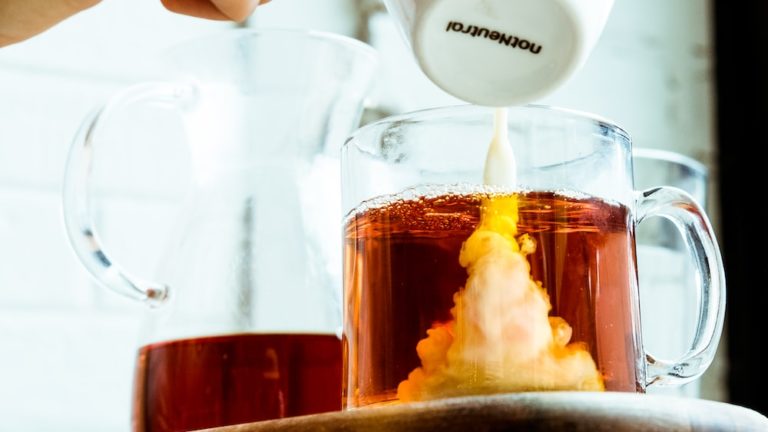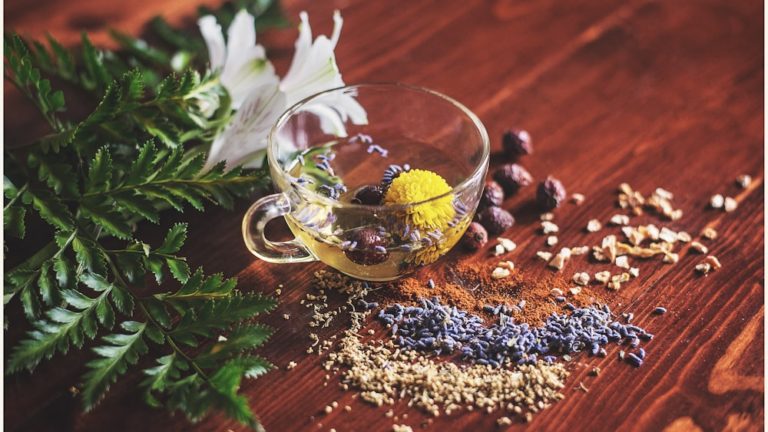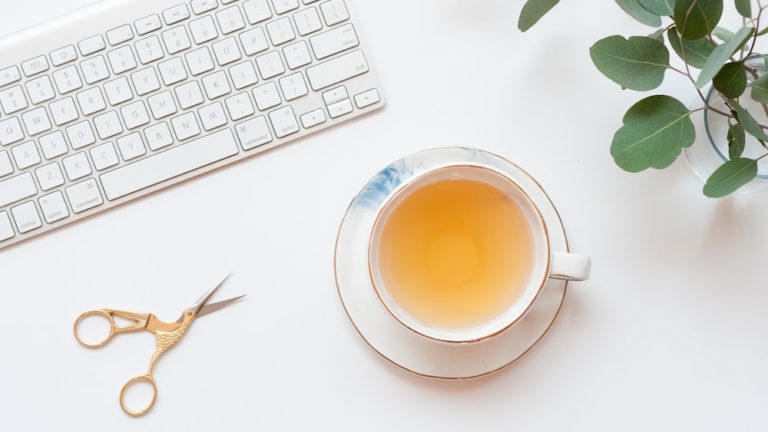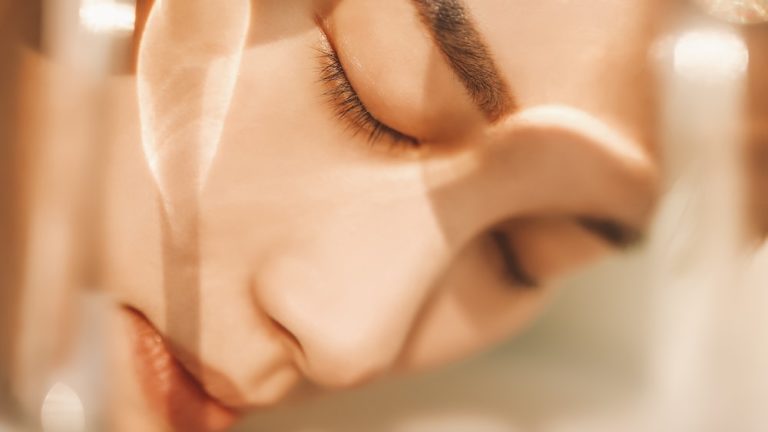Why Has Green Tea Caffeine? The Surprising Truth Revealed!
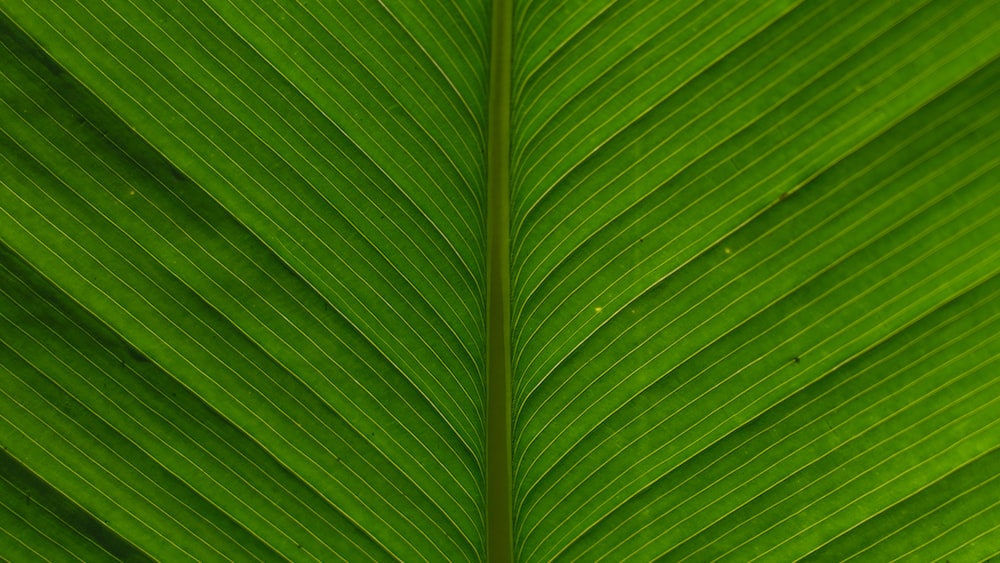
Why Has Green Tea Caffeine? The Surprising Truth Revealed!
Dear tea lovers and health-conscious enthusiasts, have you ever wondered why that verdant cup of green tea that you quaff to kick-start your day or to unwind in the evening, gives you the right kind of buzz? Is it because there’s more to this beverage than just its soothing properties and medley of flavors? Here’s a surprising truth – and potentially, an ironic twist – for you: your beloved green tea contains caffeine! Now, don’t run for the hills! Let’s dive deeper into this fascinating aspect. The ensuing narrative is meant not to frighten but to enlighten!
Understanding Caffeine
Shall we embark on an understanding of the main antagonist of our story (or is it the protagonist?), yes friends, let’s talk about caffeine!
What is Caffeine?
In all simplicity, caffeine is nature’s alarm clock. A stimulant that when consumed, can transform us from zombies into fully functional human beings. Found abundantly in coffee beans, tea leaves (yes, even our revered green tea), kola nuts, cacao pods, and a few other plants, caffeine is a natural pesticide. Now, before you leap off the caffeine wagon – hold that thought and, more importantly, your cuppa! This humble alkaloid isn’t just a plant’s defense mechanism – it has some pretty impressive benefits for us folks too!
In the land of molecules, caffeine is known as 1,3,7-trimethylxanthine. In our land, it’s that magic component that helps us start our day with renewed vigour or keeps us alert during late-night binge-watching sessions.
Caffeine, nature’s alarm clock and a natural pesticide found in coffee beans, tea leaves, kola nuts, and cacao pods, has impressive benefits for humans, keeping us alert and energized.
The Role of Caffeine in the Body
Now, imagine this. It’s Monday morning. You’ve snoozed your alarm thrice and now have less than half an hour to get ready. You manage to brush your teeth with one eye open, and in the ensuing chaos, spill your toothpaste down your shirt. Just as you’re about to surrender to the cosmic forces conspiring against you, you sip your freshly brewed cup of green tea. And then, like a superhero’s origin story, caffeine comes to your rescue!
Within moments, you feel energized, alert, and ready to take on the world! How, you ask? Well, here’s a fun biochemistry fact: Caffeine impersonates adenosine, a compound present in our bodies that promotes sleep and relaxation. When caffeine enters the scene, it blocks adenosine receptors (++blocking++) and ramps up neural activity. This kick-starts other bodily reactions – increased neuron firing, elevated heart rate, and opened-up airways.
But that’s not all. Caffeine also causes the release of dopamine – the pleasure neurotransmitter. Consequently, along with feeling alert, you also experience a wave of good emotions! But here’s the catch – as with any superhero, there’s a dark side to caffeine, or should we use the more sophisticated term, a ‘paradoxical effect.’ Over-reliance on this stimulant can lead to dependence and withdrawal symptoms. But we’ll get to that in a while. Let’s, for now, bask in the glorious benefits!
The Presence of Caffeine in Green Tea
Now that we’ve understood what caffeine is and how funnily it messes around with our brains, it’s time to quench the main thirst – understanding the presence of caffeine in our darling green tea.
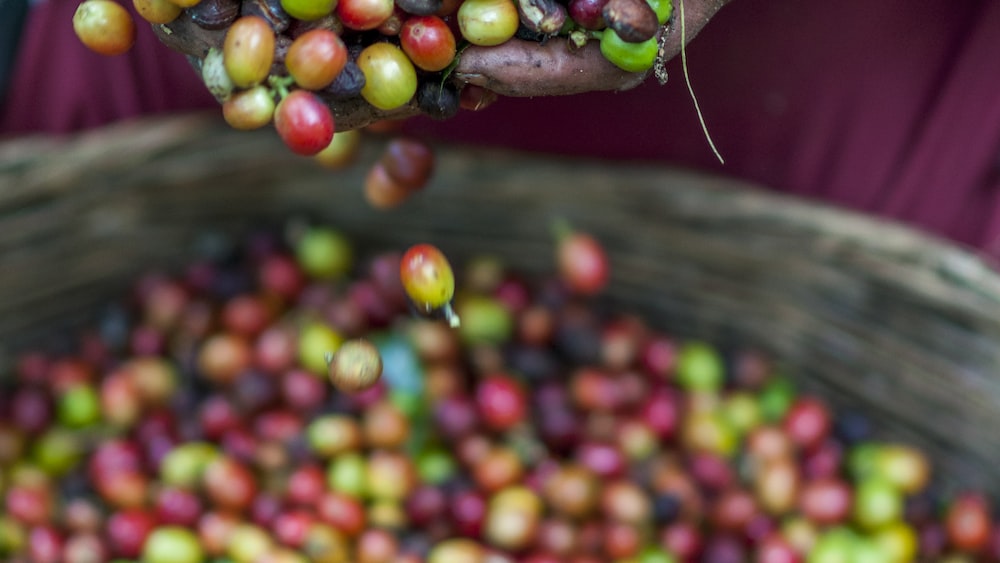
Does Green Tea Contain Caffeine?
Shocking as it may appear, yes, green tea does come with a serving of caffeine. Now, let’s stir this a bit sweetly and a bit ironically. You see, green tea isn’t like your rowdy teenage cousin; it’s more akin to your calm, zen-like yoga instructor who dabbles in rock music occasionally. Translation: it does contain caffeine but in less slap-in-your-face amounts than coffee or black tea.
How Much Caffeine is in a Cup of Green Tea?
To put it numerically, an 8-ounce cup of green tea contains about 30 to 50 milligrams of caffeine. Now before you enter panic mode and imagine tiny whirlpools of caffeine taking over your tranquil cup of green tea, remember this – it’s about a third of what you’d find in the same amount of black tea and a quarter of a similar serving of coffee.
Now, you might be thinking, ’30-50 milligrams? Is it significant?’ The long and short of it is, yes, it is. While this amount may seem less when compared to other caffeinated beverages, the impact of caffeine in green tea somehow has a different charisma. Here, caffeine collaborates with another compound, L-theanine, and announces an ensemble performance. The duo creates a calm alertness, making green tea’s caffeine punch less jab and more of a soft tap.
To conclude, caffeine invites itself into your cup of green tea, but it does so politely, without causing a ruckus. It sits there quietly, humming a soothing tune, and when consumed, gives you a gentle nudge of alertness, not the sharp kick you might expect! Interesting enough, isn’t it? So, next time you sip your green tea, give a nod to the humble caffeine, your silent cheerleader!
Comparing Caffeine Levels in Green Tea and Other Beverages
Now, let’s stir the pot a bit. How does our emerald hero, green tea, stand against other caffeine-infused contenders in the culinary ring?
Green Tea vs. Coffee: Caffeine Content
It’s a common scene: weekday mornings, groggy office workers clutching their mugs of coffee, eyeballs practically popping out from the jolt of caffeine. You might think they’ve got the right idea, but hold onto your teacups, folks!
A cup of coffee typically contains around 95 mg of caffeine, but how does that measure against a cup of green tea? According to the Mayo Clinic, a typical cup of green tea contains between 25 to 29 mg of caffeine. But before you jump the gun and say, “Coffee wins!”, remember that it’s not just about the quantity but also how caffeine interacts with other components of the drink.
Have you heard the phrase, “Quality over quantity”? It aptly applies here. While coffee may spike your system with a sudden caffeine injection, green tea offers a slow, steady stream of alertness. The presence of an amino acid called L-theanine in green tea tempers the stimulating effects of caffeine, providing a smooth, tranquil alertness. So, no jitters, just joys!
Green Tea vs. Black Tea: Caffeine Content
But, what about a sisterly showdown? Green tea vs. Black tea. Who leads the caffeine race in this tea family feud?
A comforting cup of black tea possesses about 47 mg of caffeine, nearly double the average content of its green sibling. On the surface, it might seem a clear victory for the black tea brigade. Remember though, the same L-theanine present in green tea that results in a calm alertness is found in lesser quantities in black tea.
The Impact of Caffeine in Green Tea on Health
Alright, tea enthusiasts, brace yourselves. Let’s delve into the fine china of health benefits and potential detriments of caffeine when it chooses green tea as its ballroom partner.
Health Benefits of Caffeine in Green Tea
The caffeine in green tea does more than perk up your sleepy senses – it has a bagful of health benefits that it generously pours into your teacup. According to the Mayo Clinic, the caffeine and green tea combo is found to aid in weight loss, enhance mental alertness, and possibly regulate blood sugar.
Clinical studies suggest that green tea caffeine, with its L-theanine partner, can improve brain function and alertness to a degree that makes Sudoku-solving a breeze. Health tip: sip on green tea before diving into a cognitively demanding task for that extra edge!
Potential Risks of Caffeine in Green Tea
For all its benefits, a word of caution. Every rose has its thorns, and every cup of tea, possible detriments. Long-term and excessive consumption of caffeine from all sources including green tea might be a cause for some heart-fluttering – literally. High doses of caffeine can lead to heart palpitations, insomnia, and an elevated heart rate.

While green tea is often the healthy choice, moderation is key. It is easy to drive on the caffeine highway and speed past the exit to Responsible Consumption City. Remember that meeting daily caffeine limits (400 mg) with just green teas means about 16 cups which, let’s be honest, is a bladder disaster waiting to happen.
Besides, it’s worth noting that individuals’ sensitivity to caffeine varies wildly – some might get the jitters with just one cup of the green stuff! Everyone’s a unique brew, after all. So, listen to your body. Health matters, not the saga of endless health debates between teas!
Moderation is key when consuming green tea due to the potential negative effects of excessive caffeine, such as heart palpitations and insomnia.
Frequently Asked Questions
1. Why does green tea have less caffeine than other teas?
Well, dear reader, the caffeine content in green tea depends on a few key factors, including the type of tea leaf and how it’s processed. Specifically, green tea comes from young tea leaves, which inherently have less caffeine. Add to this the fact that the leaves undergo minimal processing, and we get our happily hyped but not too hyper green tea!
2. Can I get dehydrated from drinking green tea due to its caffeine content?
While it’s true that consuming caffeine in large quantities can lead to dehydration, the caffeine content in green tea is quite low. Hence, drinking green tea won’t cause dehydration, unless you’re guzzling down gallons! Like with any substance, moderation is key, my tea-loving friend.
3. Is there a caffeine-free green tea?
Is there a unicorn in our midst, you ask? Well, not quite. Most green teas naturally possess some caffeine. That said, there are caffeine-free alternatives in the market, usually achieved through a decaffeination process. Just keep in mind that decaf doesn’t mean 0% caffeine, it’s only significantly reduced.
4. How does the caffeine in green tea affect my sleep?
Ah, the conundrum of caffeine and sleep! The caffeine in green tea can keep you more awake and alert, but the effect is usually milder compared to coffee. Of course, individual sensitivity to caffeine varies, and if ingested too close to bedtime, it may cause some disturbances in your sweet, sweet slumber.
Conclusion
Well, we’ve boldly plunged into green tea’s caffeinated waters and gained a deeper understanding of its many intricacies.
We have swum through various health topics pertaining to green tea, and unveiled many a truth from research advancements. Yes, the caffeine content exists, but each cup comes with its unique benefits and insignificant risks.
Our expertise, coupled with the latest data, suggests that the caffeine in green tea can enhance energy, mental alertness, and may even aid weight loss! However, it’s also clear that it’s our consumption habits, our use of green tea, that ultimately determine the nature of its impact.
From confronting the specter of dehydration, to tackling the myth of caffeine-free green tea, it’s been quite the informative voyage!
And so, my tea-loving friends, as we lower our ship’s sail and the journey comes to an end, let’s revel in the wisdom we’ve garnered. Till we meet again, remember: A tea leaf does not define a tea, it’s all in how you brew it!
Yours Tea-fully, Zoe


